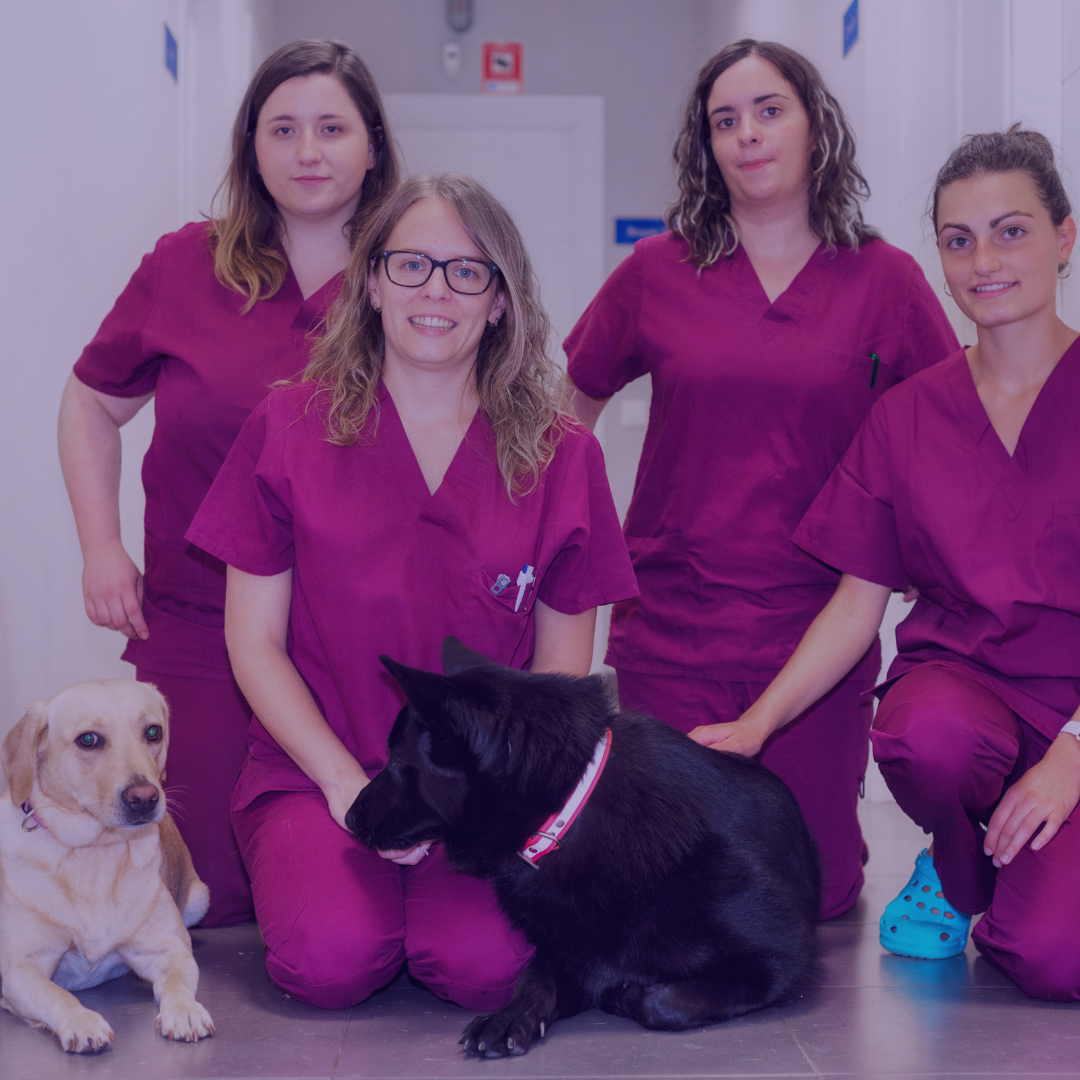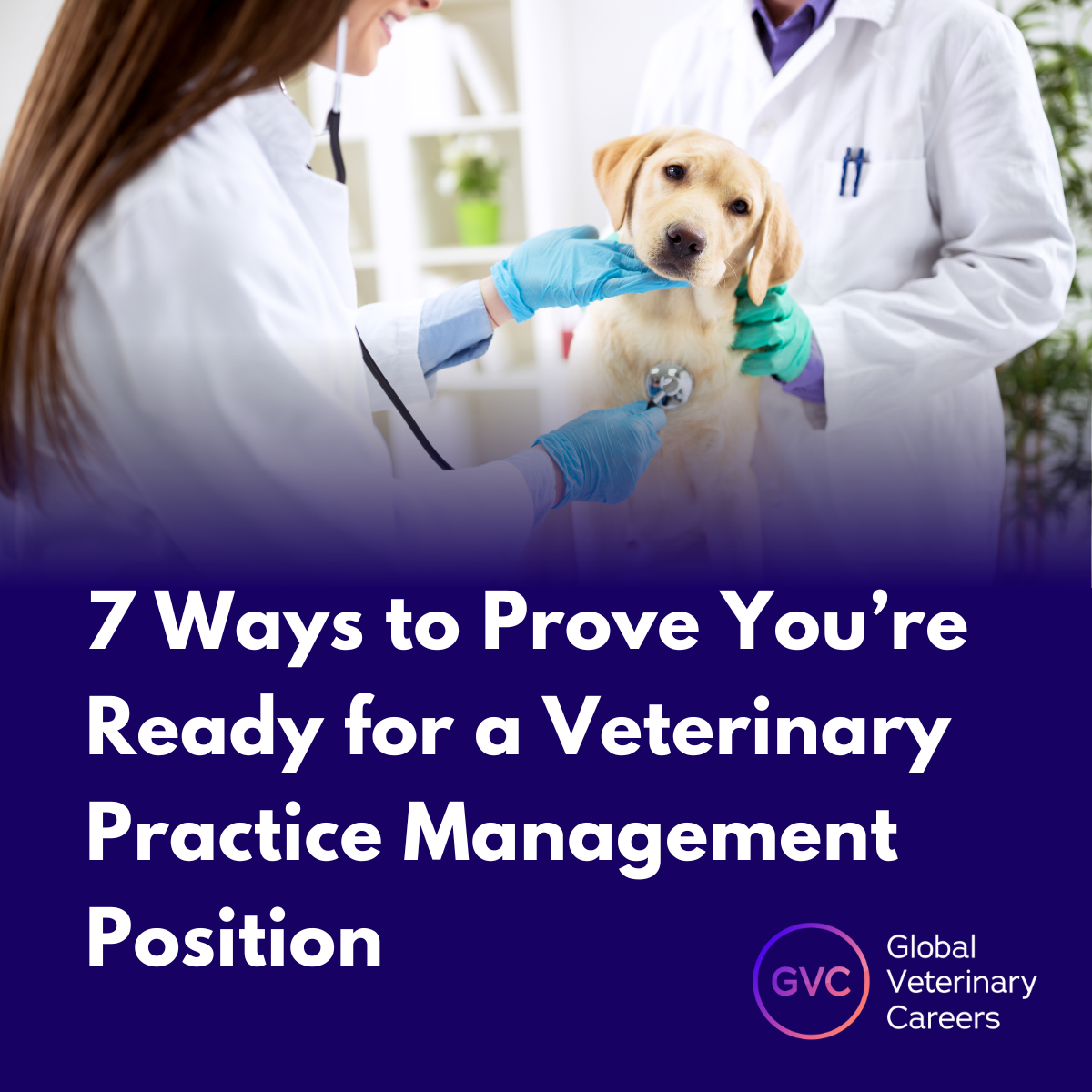The Growing Demand for Exotic Animal Veterinarians in the U.S.
In recent years, the veterinary landscape in the United States has seen a remarkable transformation. While cats and dogs remain beloved companions, there are people who prefer exotic pet ownership. This trend is creating exciting opportunities for veterinarians looking to expand their expertise beyond traditional companion animals.
The Exotic Pet Market in the U.S.
Thousands of American households keep exotic pets, including small mammals, birds, reptiles, and fish. This shift in pet ownership reflects changing lifestyles and living environments. Urban dwellers and apartment residents often find exotic pets more suitable, as many require less space and can thrive in contained environments.
Why Specialize in Exotic Animal Medicine?
Pursuing a career in exotic animal medicine offers unique advantages for veterinary professionals in the U.S.:
Professional Growth
Unlike traditional companion animal practice, exotic veterinarians work with a vast range of species, requiring a dynamic and adaptable approach to veterinary medicine. This specialty offers continuous learning and professional development.
Market Opportunity
The demand for qualified veterinarians with expertise in treating non-traditional species is there with more veterinary practices across the U.S. looking to add exotic animal services to meet client demand, creating career opportunities.
Intellectual Challenge
Exotic animal medicine is a highly engaging field that requires practitioners to think creatively and apply their knowledge in innovative ways. Each case presents unique challenges, making it an intellectually stimulating career path.
Building Your Career in Exotic Animal Medicine
If you’re considering specializing in exotic animal medicine, several steps can set you up for success:
Education and Training
Continuous professional development is key. Organizations such as the Association of Avian Veterinarians (AAV) and the Association of Exotic Mammal Veterinarians (AEMV) offer specialized training, certifications, and networking opportunities to help veterinarians stay ahead in the field.
Practice Development
Success in exotic animal medicine requires more than just clinical skills. Veterinarians should:
- Invest in the right equipment and facilities
- Develop comprehensive client education programs
- Build relationships with pet retailers and referral sources
- Establish clear protocols for exotic pet care
Team Approach
Building a successful exotic animal practice involves training the entire veterinary team. From front desk staff to veterinary technicians, everyone should be knowledgeable and enthusiastic about working with non-traditional species.
Finding the Right Opportunity
As the demand for exotic animal veterinarians grows in the U.S., finding the right practice becomes crucial. This is where GVC’s expertise can help. Our team specializes in matching talented veterinarians with career opportunities that align with their aspirations. Whether you’re looking to join a practice with an established exotic caseload or develop this service in a new setting, we can connect you with practices committed to supporting exotic animal medicine.
The Future of Exotic Animal Medicine in the U.S.
The outlook for exotic animal medicine is bright. As more American households welcome non-traditional pets, the need for veterinarians with specialized skills will only continue to rise. If you’re looking for a rewarding career path that offers professional growth, variety, and intellectual challenge, exotic animal medicine is an exciting field to explore.
Ready to Take the Next Step?
If you’re interested in expanding your veterinary career into exotic animal medicine, GVC is here to help. Contact us today to discuss how we can connect you with the right opportunity!



